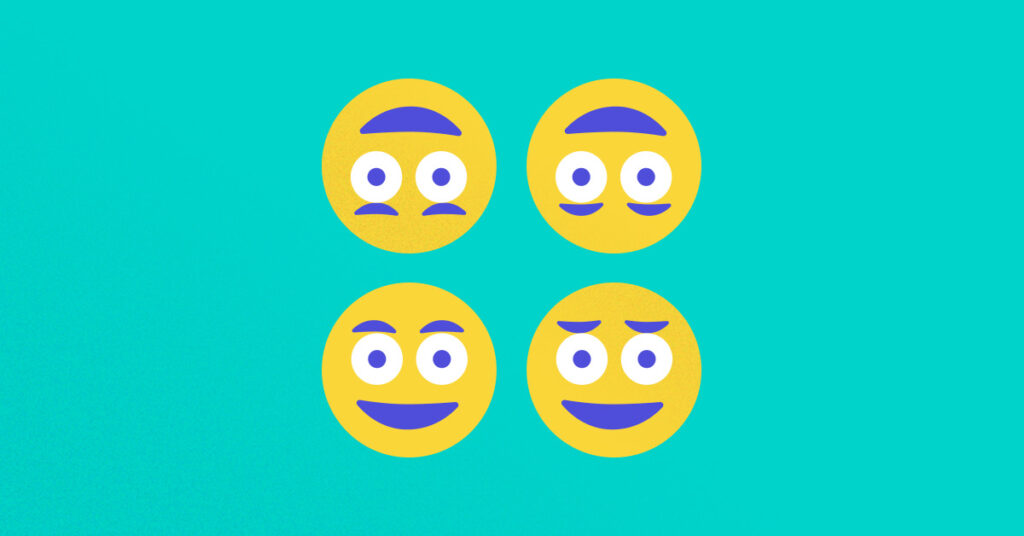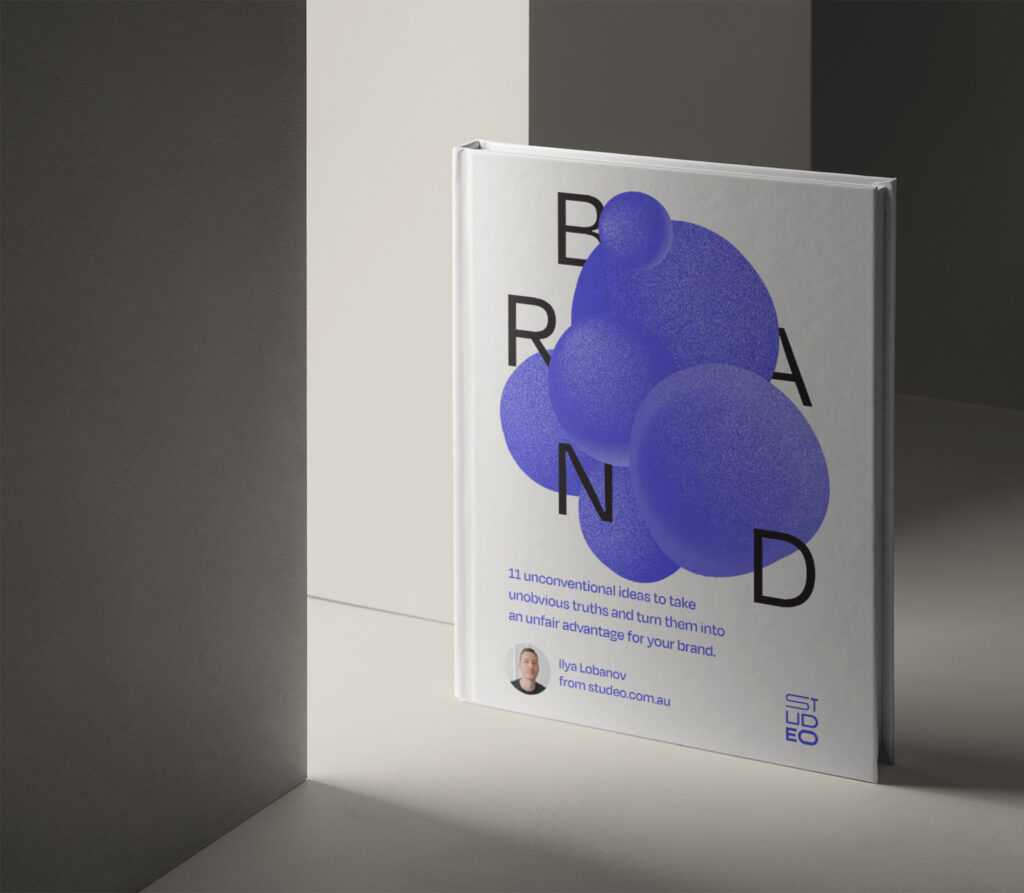Psychology Truths: How Brands Influence Consumer Buying Decisions

Today I’m going to take off my brand expert hat off for a moment and get all scientific on you!
Let’s talk about science. Specifically neuroscience, and how our subconscious makes buying decisions (as well as making other vital choices). Often without us even realising.
Jung and Freud had theories about the impact of our subconscious. However speculative, they were surprisingly accurate in places. Now though, with our technological advancements there is a sea of scientific studies showing just how much influence the subconscious has over our behaviour, and subsequently our buying decisions.
All businesses strive to acquire loyal customers who are happy to pay a premium price. And the good news is that every business can leverage the power of branding to achieve this.
As you’ll find out, branding has major effects on our subconscious buying decisions.
Our Decisions Are Rational, or Are They?
Most of us, myself included, like to think of ourselves as rational and logical. After all, we’ve been trained to think in an organised manner since we were little nippers. Way back at our first school assembly we’d been told to line up in a specific order, according to class, age, gender or other factors.
Rationality permeates our daily lives and is highly encouraged. So it’s only natural to assume that all of our decisions are based in logic and reason.
In a business context, many economic leaders advocate that consumers will buy when the benefits outweigh the costs. Because they assume that people make rational decisions.
In reality however, human behaviour is influenced by a stream of external factors. Our feelings, perceptions and thoughts, memories and personal experiences all contribute to our decision making. On both conscious and subconscious levels. As it turns out, our subconscious influences our decisions (without our knowledge) much more than we like to believe.
And the idea that we are not consciously in control of all of our decisions can be difficult to accept.
Branding Alters Buyer Choices
Imagine two products with a similar performance and features. One is of a known brand, the other is not. Which one would you choose? If you are dissatisfied or disenchanted with the known product and brand, you might opt to try the new one. Otherwise, the chances are you’ll stick with the brand that you know and love.
A brand is not just a logo, it comes with a brand story. You have fond memories and associations with the brand through your previous experiences with them. You recognise their logo and name, and ultimately there is an element of trust between you and the brand.
The same can be said about two known brands with a similar product. Your preference and allegiance will likely remain with the brand you have subconsciously chosen somewhere along the line. Their brand and their brand image happens to be the one that resonates the most with your subconscious.
Why do some people choose Jack Daniel’s, while others choose other whisky brands?
“Give people a taste of Old Crow, and tell them it’s Old Crow. Then give them another taste of Old Crow, but tell them it’s Jack Daniel’s. Ask them which they prefer. They’ll think the two drinks are quite different. They are tasting images.”
— David Ogilvy
Brand Wars Over Your Purchasing Decisions
The Pepsi paradox has been widely documented, and it provides an indication of how our subconscious can overrule our decisions.
In multiple blind tests, observations show that Pepsi is preferred to Coke. Even despite Coke being regarded as the more successful brand. When not blind folded however, the same people seem to prefer Coke when they know what they are drinking. Strange much?
I don’t think I have to tell you that the brand effect is at play here.
In fact, new brain-imaging studies found evidence of a part of the brain responsible for generating those warm and fuzzy feelings specifically when contemplating a familiar brand or product.
We think that enjoyment of a product is based on the qualities and features of a product. When in reality our experience is also very much based on the product’s branding and marketing.
We judge products by their box, books by their covers and companies by their logo, website and their annual reports.
Tap Into The Consumer Subconscious
Sadly, many businesses take a passive approach to branding. Many business owners are unaware of the power that branding has on influencing consumer buying decisions.
Consequently, they can struggle to achieve the level of success that is attainable within their market.
Humans don’t like thinking too hard, and we’ve found ways of automating the process. Our automated system works without us even being aware of its existence, making suggestions and decisions for what to eat, do, and buy.
Many business owners are often unaware of (or refuse to acknowledge) how “that airy-fairy branding stuff” can bring value to the health of their business. Smart businesses however find ways to tap into branding strategies and tactics, to help appeal to the consumer subconscious.
Branding has been proven to be one of the most effective strategies available to business, and it’s the smart businesses that make the investment in branding and put it to very good use.
3 Tips For Business Owners
- Work out what value you can bring to your customers and clearly communicate that in your marketing messages
- Live and breathe through your brand mission, creating a consistent brand experience. From your customer services, to your employees and your products
- Engage with your customers, be human, authentic and true to your brand!
If you know someone who might benefit from this article please share it. If you ever need someone to talk to about branding and how it can impact consumer buying decisions, contact me here.
